Is native forest logging really ending in Victoria?
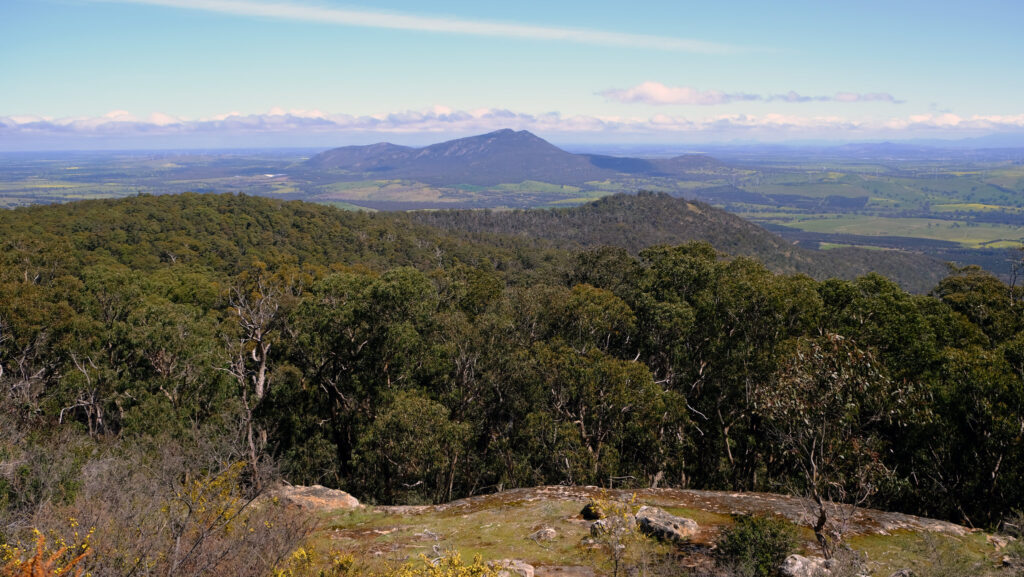
Feature Image: Mount Cole State Forest. Credit: David Tatnall, VNPA
Have you every walked the 21 km Beeripmo Trail at Mt Buangor State Park and Mt Cole State Forest? It is a must for all nature lovers. The walk takes you through various vegetation communities ranging from herb-rich foothill forests to lush fern gullies and is home to the endemic Mt. Cole Grevilliea. It is hard to imagine that this beautiful and serene forest is to face the destructive impacts of logging.
The National Trust has teamed up with the Victorian National Parks Association (VNPA) along with other concerned organisations in an open letter to the Allan Government urging for an end to native forest logging completely and across the whole state. Furthermore, we are asking for three promised national parks to be legislated now and not in 2030 and for the protection of other important reserves and woodlands in the central west of Victoria (such as Wellsford State Forest). Please see the links listed at the bottom of the page for more information.
Image: Beeripmo Walk, Mt Cole State Forest. Credit: Jelena Ljubisic
Mt Cole State Forest has been identified as ecologically valuable and worthy of protection and is destined to be a part of the proposed Mt Buangor National Park (recommended by the VEAC Central West Investigation). With this in mind, it is hard to believe that VicForests has plans to log areas of this forest.
Map: Timber Utilisation Plan around the Beeripmo Walk. Black and purple polygons indicate areas approved for logging. Source: VicForests
Map: Areas of Mt Cole State Forest approved for logging. Source: VicForests
Native forest logging is not ceasing across all of Victoria
Earlier this year in May, the former Andrew’s Government announced their commitment to fast track the axing of native forest logging in eastern Victoria by 1 January 2024. This announcement was celebrated by conservationists and communities who have been advocating for decades to bring an end to native forest logging.
However, many Australians mistakenly believe that this will end logging across all of Victoria and that the battle is over. Sadly, that is not the case. In many parts of western Victoria, logging will continue. While DEECA has stated that the State Government intends to cease all logging operations in Victoria in 2024, no specific dates or details have been provided and there is a sense of vagueness.
Timber Release Plan (TRP) and Timber Utilisation Plan (TUP)
Crucially the commitment for native forest logging to end by 1 January 2024 means that logging operations which are part of the Timber Release Plan are coming to an end, not logging operations under the Timber Utilisation Plan.
The Timber Release Plan includes planned logging coupes in the “eastern defined forest area.” These areas which form parts of State Forests are handed over to VicForests through an Allocation Order (issued by the Minister for Agriculture) for harvesting and profit purposes. These areas will see the end of logging by 1 January 2024 (as shown in the map below).
Map: Eastern defined forest area, Allocation Area. Source: DEECA
The Timber Utilisation Plan are logging coupes planned for the “western defined forest area” (which fall outside of the Allocation Order). These logging operations run under different legislation and require a Forest Produce Licence which is issued by the Minister for Environment. While most of these licences will expire in June 2024, there has been no clear announcement or commitment made about what will happen after this period.
Map: TUP approved in May 2023 with 50 current Forest Produce Licences. Note that this map only includes the TUP and not the TRP. Source: VicForests
What’s special about forests and woodlands in western Victoria?
Forests and woodlands in central west Victoria have a different climate with less rainfall to those in eastern Victoria, and so consist of different ecological communities. These forests have endured much disturbance from the gold rush period, clearing for agriculture and continue to face destruction from logging by VicForests.
The forests and woodlands are homes to vulnerable and endangered species such as the Brush-tailed Phascogale which is dependent on the abundance of rough-barked, hollow bearing trees for habitat. The population is already severely fragmented but “VicForests has plans to log over 53,500 hectares in the fragmented and cleared landscape of the west… plants and animals like the Powerful Owl, Brush-tailed Phascogale and Mt Cole Grevillea risk becoming locally extinct,” (VNPA). The current climate and biodiversity crisis means action needs to happen now to protect these species from extinction.
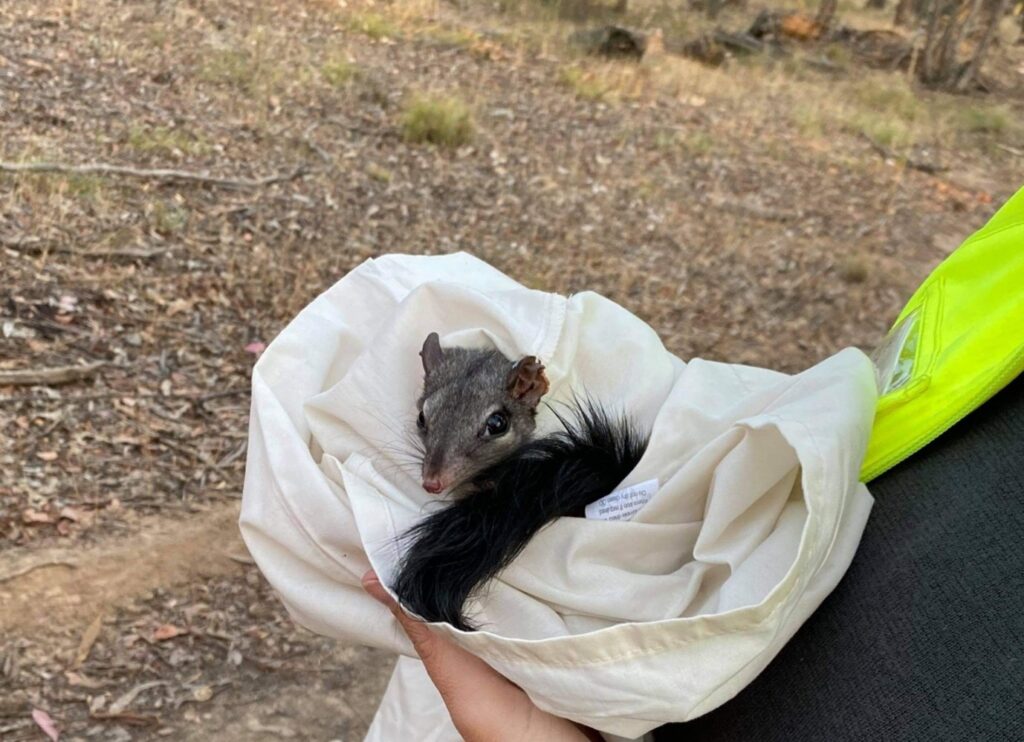
Image: The elusive Brush-tailed Phascogale during a Parks Victoria survey. Credit: Erin Wilson
New national parks promised for the central west
In 2021, the State Government pledged a commitment to establish three new national parks which would legally protect these areas from future natural resource exploitation.
However, the parks aren’t due to be legalised until 2030. These parks include Wombat-Lerderderg National Park, Mount Buangor National Park and Pyrenees National Park. Until the parks are legalised, VicForests can continue logging in the State Forests past 1 January 2024.
How these forests will be managed until 2030 is uncertain but with increasing temperatures, devastating bushfires and natural disasters predicted, it is important to act now. If VicForests is permitted to continue their operations, they will be removing crucial habitat and making it even harder for our animals and plants facing extinction to adapt and survive. Furthermore, restoration of these forests will be increasingly difficult with the changing climate.
With the important announcement made earlier this year for the eastern forests, it is crucial to keep the momentum going. Please consider adding your name to the VNPA letter or write your own letter and send it to the Premier of Victoria. You can also help by spreading the word.
For more information and to sign the letter, please visit:
https://vnpa.org.au/openletter-premierallan/
https://vnpa.org.au/action/centralwest-openletter/
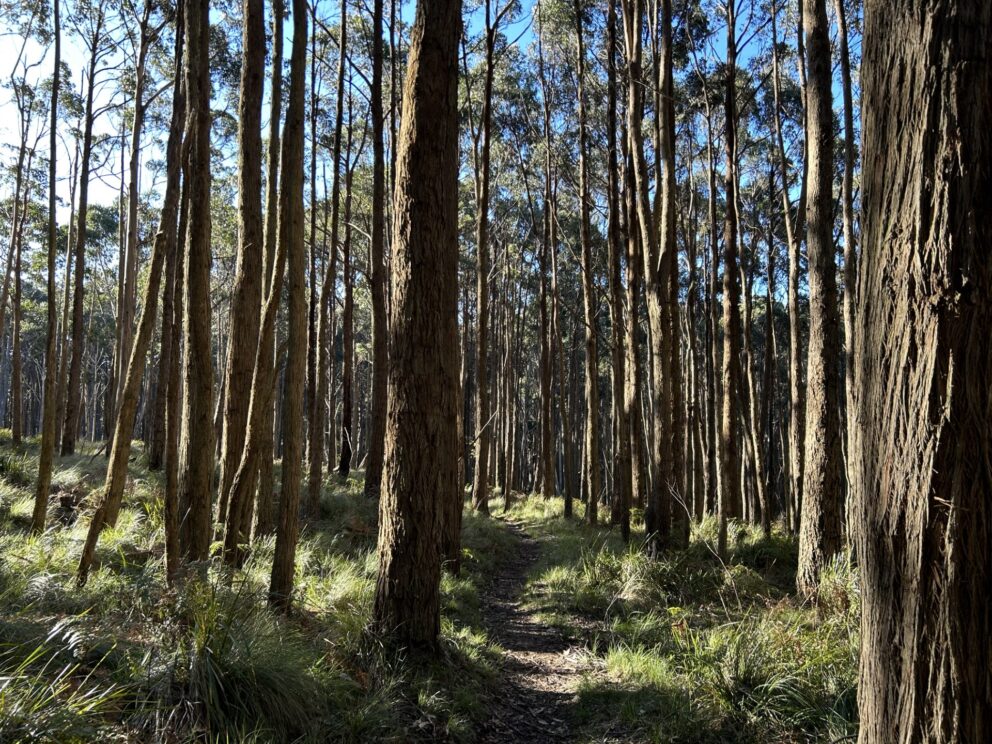
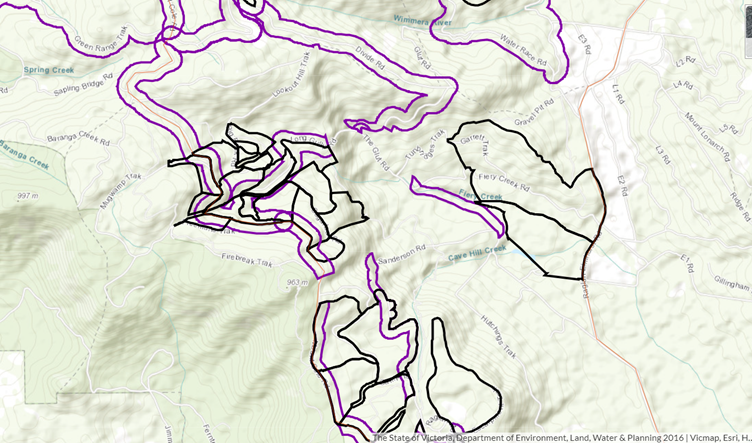
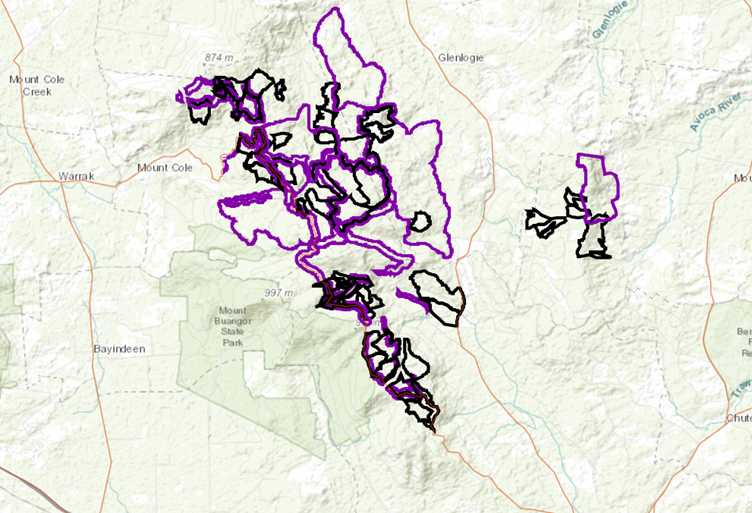
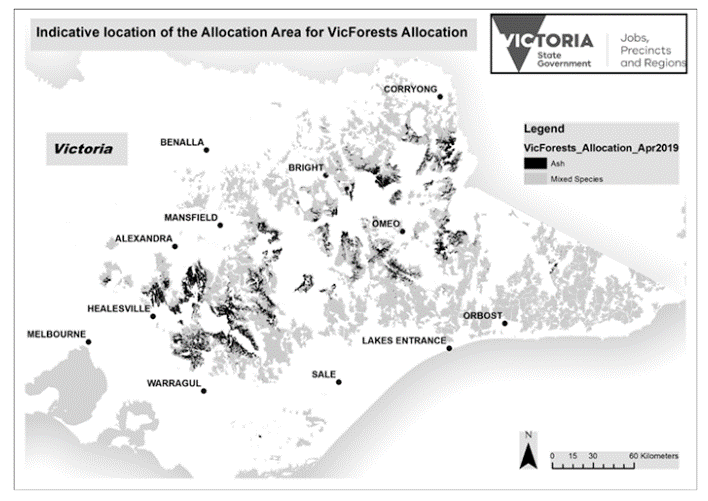
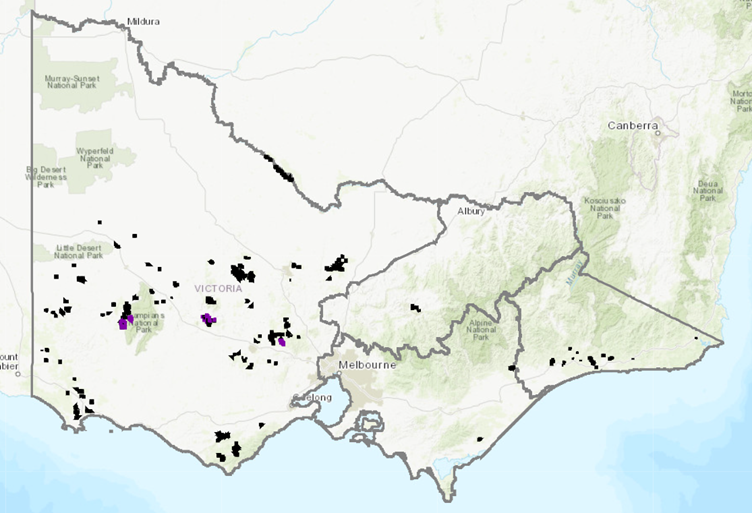
+ There are no comments
Add yours